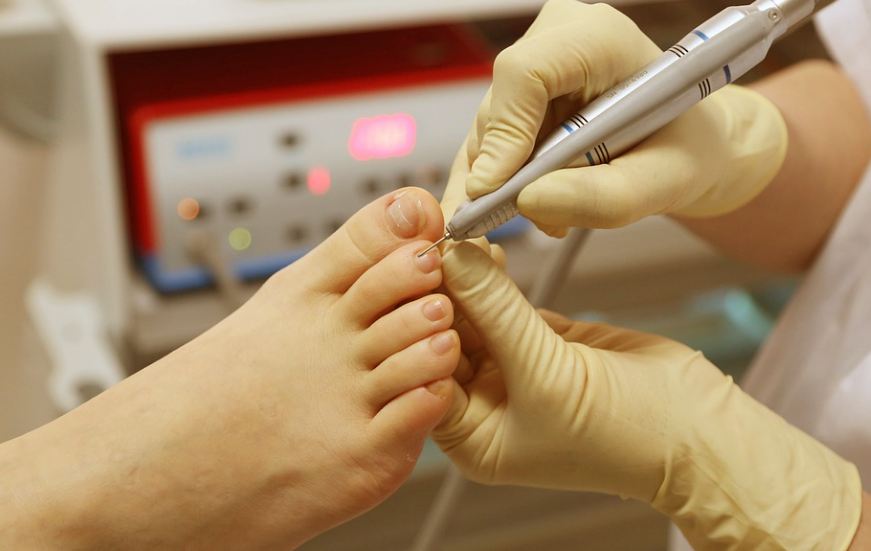We tend to visit a general health practitioner for our feet and ankle issues and although it is not bad, it might use up time needed to save the situation and visit a Houston podiatrist. When you are unsure, the Houston foot specialist is known as a podiatrist. A podiatrist treats disorders of the lower extremities, foot, and ankle, and is a qualified medical professional. Foot disorders are neglected widespread health problems, especially among the aging generation. Do not underestimate the need for healthy feet and ankles for full movement. Their intricate system of ligaments, joints, bones, tendons, and cartilage supports the weight of the body. When one part of these supporting structures is diseased or injured it affects your ability to move around and even accomplish the simplest of life tasks.
The foot is a part of the body that is made of 26 bones causing it to be a complex part of the body. It is made up of tendons, muscles, joints, and tendons. This part of the body is designed to support the body during walking, standing, and running. Some health conditions can cause damage to your feet and limit movement. A podiatrist is an expert on foot matters.
A Houston foot and ankle podiatrist attended medical school for four years and more in orthopedic surgical residency. With the specialized treatment, the foot and ankle specialist completes a year-long fellowship to gain more knowledge on the muscular structure, skeletal, and movement of the leg. This expanse of education empowers the foot and ankle specialist with understanding, knowledge, and experience to treat complex issues.
Why should you visit Houston best podiatrist?
When you have an injury or pain in any part of your leg you would want to visit your Houston black podiatrist. Additionally, other kinds of specialists are necessary such as a physical therapist during the healing process and a general care physician to determine the root cause of the foot disorder.
A general care physician can examine the foot but conducts scans and tests on the cause of foot pain. These include nail swabs, X-rays, blood tests, MRI scans, and ultrasounds.
Foot conditions that you need to see a Houston foot and ankle podiatrist for include:
- Flat feet: the condition sometimes is from birth or acquired with age. It can cause the foot ligaments to be weak or get injured so there is a need to wear support devices such as orthotics or foot brace. A podiatrist molds custom foot support braces.
- Toenail infection: when you notice a change in your toenails it might be because of a toenail fungus infection and you need to visit a podiatrist. They offer conventional home remedies, prescribe antifungal medication, and offer advice on how to prevent reinfection of the toenail fungus.
- Arthritis and gout: on this condition you need to visit both a general practitioner and a podiatrist. To treat the root cause and ease the pain to the fete and toes symptoms.
- Diabetes: often diabetes interferes with circulation to the lower extremities causing nerve damage to the feet. Diabetic patients are advised to always inspect their feet daily because numbness of the legs can cause ulceration and pain without notice. For a diabetic patient, you need to visit several specialists such as a neurologist for an assessment of the nerves, a vascular surgeon for your blood vessel assessment, and a family physician among visiting a podiatrist.
- Knee and ankle problems: In podiatry, other specialists help treat the cause of knee and ankle problems. The podiatrist is better placed to refer you to the others such as an orthopedic surgeon and sports medicine doctor. You might be referring to a physical therapist to strengthen muscles and joints in the ankle, foot, and knee.
- Other symptoms that need the attention of a podiatrist include swelling, severe pain, open soreness or wounds, redness, fever, warmth, tingling, and numbness.
Note: Even when you have healthy feet you need an annual check-up with your podiatrist. It helps detect and diagnose toenail, foot, and toe problems and best advises on the insoles and shoes that are best for your feet. A podiatrist diagnoses the problem and develops a treatment plan best for you.



